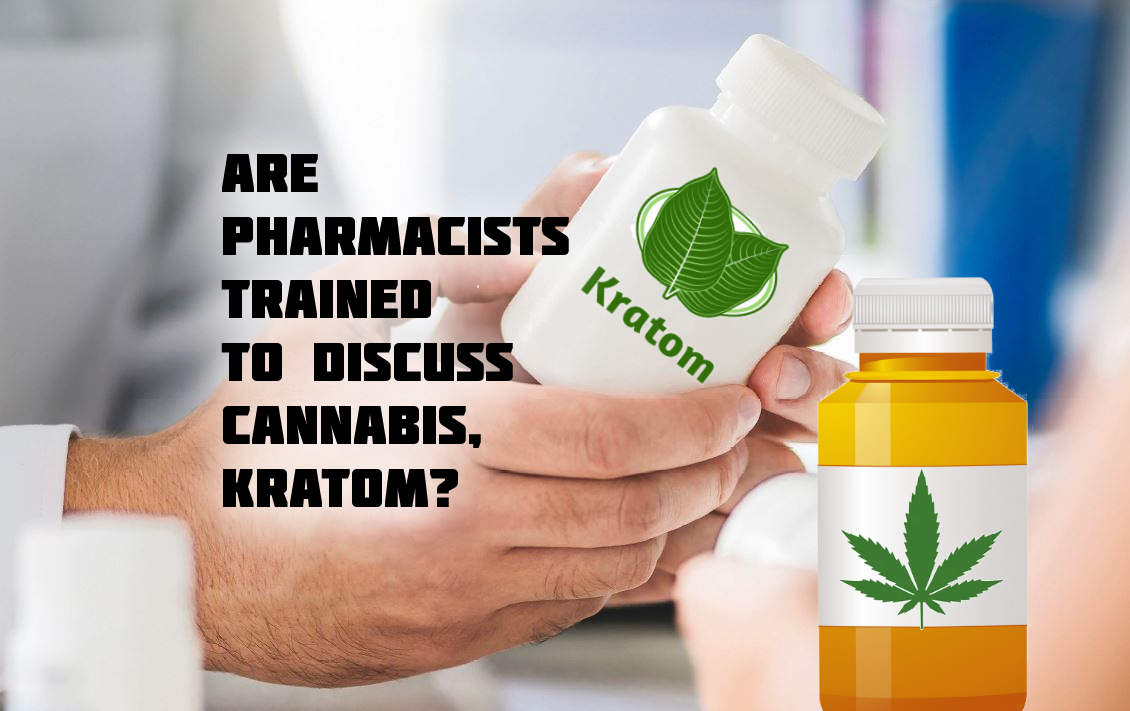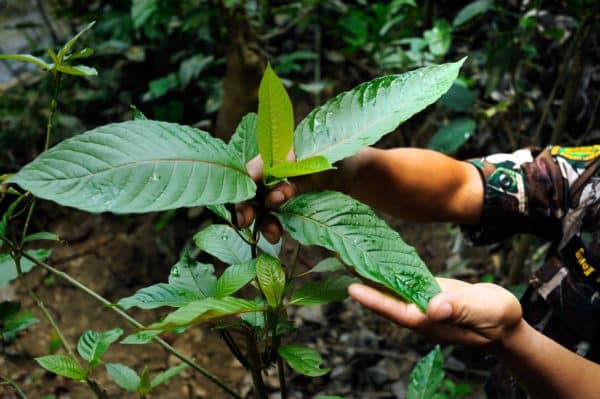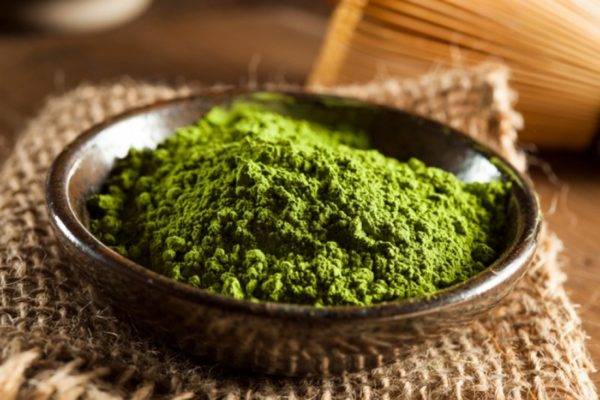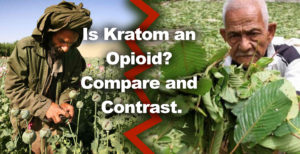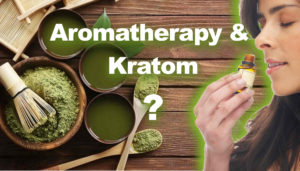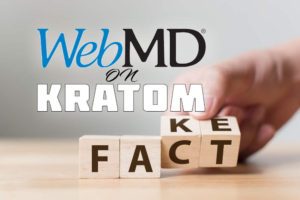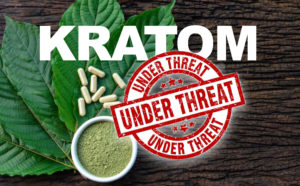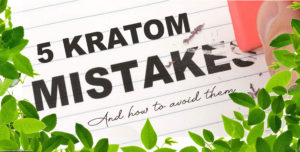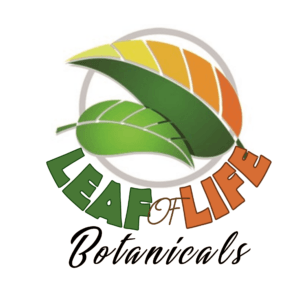Society is evolving! Pharmacists are being trained to discuss kratom and cannabis products with patients because these products are proliferating everywhere lately. When a substance is legalized, people become far more curious, since they feel there must be a good reason for decriminalizing it.
An article in Pharmacy Times is a case in point. I’ll quote a large chunk of the article, then give my observations about it.
“A Safe Environment is Critical When Discussing a Patient’s Use of CBD, Kratom as Pain Relief Alternatives”
QUOTE
The most commonly cited reason for using CBD is pain relief, T.J. Sayre, PharmD, MPH, BCPP, BCPS, an assistant professor of pharmacy at Regis University, explained during the presentation. However, most data on CBD for pain involve the use of cannabis products that also contain THC, rather than CBD alone.
Additionally, kratom, or mitragyna speciosa, has also been lauded in some communities as being a beneficial natural tool for pain management. During her presentation, Shawn Taylor, PharmD, CPP, CDCES, an associate professor of pharmacy at Wingate University, explained that kratom can be commonly found and purchased at convenience stores or vape shops.
“It has a dose-dependent effect, so people are often starting to take it on the lower end of the dose spectrum, somewhere between 1 and 5 grams, and they’re getting a stimulatory effect. It’s acting almost like amphetamine that helps with work productivity, which is the use it has historically been used for,” Taylor said.
She explained further that as the dose is escalated up to 10 or 15 grams, it starts to take on more of an opioid analgesic effect. Due to the lack of regulation, the purity of the products may also be questionable, Taylor said. Studies have found that adverse events from kratom may include seizures, jaundice, tolerance, and withdrawal, with multiple case reports of death when taken with other substances.
Sayre noted that some patients have found kratom to be useful in the cessation of opiates. However, whenever discussing treatment options with patients, almost always comes down to risk versus benefit assessment, Sayre explained. This is especially true when discussing alternative products such as CBD and kratom.
“Difficult conversations in health care are not usually an innate skill, and they often require some foundational theory and often a lot of practice,” Sayre said. “So even experienced pharmacists or health care providers may still struggle through these uncomfortable patient conversations. A good starting point for this conversation is establishing a positive relationship with your patients.”
END QUOTE
OBSERVATIONS:
ONE – Calling kratom and cannabis “alternative” medicines are completely WRONG.
Alternative generally means something different from what is traditional. Kratom and cannabis are natural plants that have been traditionally used for thousands of years. The “alternative” is the new, pharmaceutical drugs made in modern laboratories. These drugs are “other than,” and substitutes for, the plant substances commonly used as medicines, treatments, and cures all over the world.
Natural substances for pain, energy-boosting, mood alteration, etc. have been used by generations of humans and much lore has been preserved about these plants. They have formed the basis of all medicine. Most Big Pharma drugs are derivatives, analogs, or variations of what exists in nature.
TWO – “kratom can commonly be found and purchased at convenience stores or vape shops…”
This seems like a smug way of misrepresenting kratom as just a trendy gas station “legal high” or hippie headshop magic mind powder. Using the “guilt by association” ploy is often an attempt to decrease the legitimacy of kratom as a relief provider that Southeast Asians have used safely for centuries.
Lazy research slants the results. Professors of pharmacy who failed to do their homework! Why didn’t they attempt to purchase kratom online and discover the reputable vendors that are selling it? Sure there are unethical providers mixed in, too, but there are plenty of good, solid vendors selling high-quality, 3rd party lab-tested kratom.
THREE – “Studies have found that adverse events from kratom may include seizures, jaundice, tolerance, and withdrawal, with multiple case reports of death when taken with other substances.”
What “studies” are being referred to? “May include”? Or may not include?
Tolerance? Kratom users do NOT develop a tolerance to kratom as dope addicts do to opioids. Heroin, cocaine, fentanyl, crack, alcohol require the user to keep increasing the amount and frequency of the doses. Kratom does not act this way.
Kratom users settle on an ideal dosing amount and schedule within the first couple of months. Then that dose remains the same for many years. Less is more with kratom. Greatly escalating the dose just has an opposite effect, it overloads the system, and no effects are felt anymore.
By rotating strains, vein colors, and vendors, kratom users can avoid developing a tolerance to a specific alkaloid profile.
Withdrawal? There are virtually zero reports of bad withdrawal symptoms from kratom. The worst reported withdrawal symptom tends to be not feeling as elated or as energetic as when taking kratom. That can be a bit rough to get used to. It can be tough re-adjusting to a life with no relief from your symptoms.
FOUR – “struggle through these uncomfortable patient conversations”
Seems like the discomfort is on the part of the uneducated pharmacist who has not studied natural substances as they should have. Why should discussions be uncomfortable? If both parties seek truth and respect each other’s experiences and viewpoints, there should be an easy, breezy conversation going on.
Uncomfortable means the pharmacist is more familiar with Big Pharma products and is not at ease in discussing substances that are unfamiliar and unprescribed.
CONCLUSION
Analyze all media reports about kratom with great attention and deep scrutiny. The massive amount of disinformation and sloppy journalism makes it difficult for people to attain the real facts.

